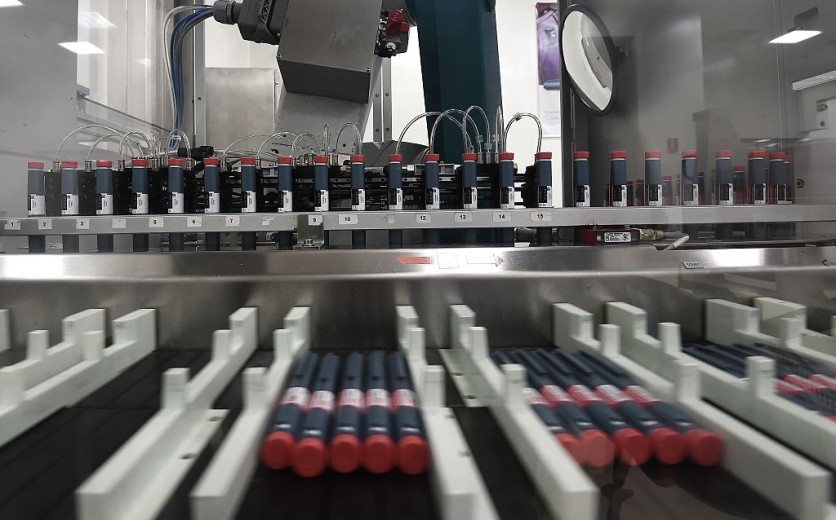A recent study sheds light on the consequences of discontinuing Eli Lilly's weight-loss drug, tirzepatide, commercially known as Zepbound. The research indicates that individuals who ceased taking Zepbound experienced substantial weight regain, surpassing 20 pounds within a year after discontinuation.
Eli Lilly sponsored the study, which involved tracking 670 overweight and obese adults over nine months while they were using Zepbound. Initial participant weights averaged 237 pounds, with an average weight loss of 49 pounds observed during the initial study phase, as reported by Daily Mail.
Surprisingly, when participants discontinued Zepbound, only 17 percent of the placebo group managed to maintain 80 percent of the weight they had lost on the drug. In contrast, the Zepbound group exhibited a retention rate of 90 percent for their weight loss.

What to Know About Zepbound?
The study emphasizes the crucial aspect of continuous drug use to sustain weight-loss effects, given that individuals often experience a resurgence of appetite after discontinuation. A prior UK study on Wegovy, a comparable weight-loss drug, revealed that users regained two-thirds of their lost weight, approximately 12 percent of their original body weight, within a year of halting the weekly injections.
Both Zepbound and Mounjaro share tirzepatide as the active ingredient, working by suppressing two appetite-regulating hormones to promote a sense of fullness.
Zepbound, approved by the Food and Drug Administration (FDA) for medically obese adults or those with weight-related conditions like heart disease, is administered through a weekly injection, according to a report from Today. Dosages must be gradually increased over four to 20 weeks to reach target doses of 5 mg, 10 mg, or 15 mg once weekly.
Read also: : Tech Times Weekly Wrap: Apple Cybersecurity Report, Grok AI on X, Meta's New XR Headset
Zepbound To Be Available in The US Soon
The trial featured a unique approach, with half of the participants continuing Zepbound while the other half switched to a placebo shot. Researchers and participants remained unaware of their administered shots. All participants were instructed to reduce their calorie intake by 500 calories and engage in a minimum of two and a half hours of weekly exercise.
Moreover, the study clarifies that Zepbound and Mounjaro are essentially the same medication. Zepbound is a rebranded version of Eli Lilly's existing type 2 diabetes medication, Mounjaro, which gained notoriety in pharmaceutical circles, earning the nickname 'King Kong' among weight-loss injections. Its distinctive approach involves acting on two appetite-regulating hormones, setting it apart from rivals like Ozempic and Wegovy, which focus on a single hormone.
Zepbound and Mounjaro, self-administered once a week, are available in identical doses. Medical experts emphasized that Zepbound's introduction is not about introducing a new medication.
The availability of Zepbound in US pharmacies is scheduled for December 15, according to Eli Lilly. Rhonda Pacheco, Eli Lilly's group vice president for diabetes and obesity.
"The availability of Zepbound in US pharmacies is the first step, but we have to work hand-in-hand with employers, government and healthcare industry partners to remove barriers and make Zepbound available to those who need it," said Pacheco, as quoted by CNBC.

ⓒ 2025 TECHTIMES.com All rights reserved. Do not reproduce without permission.




